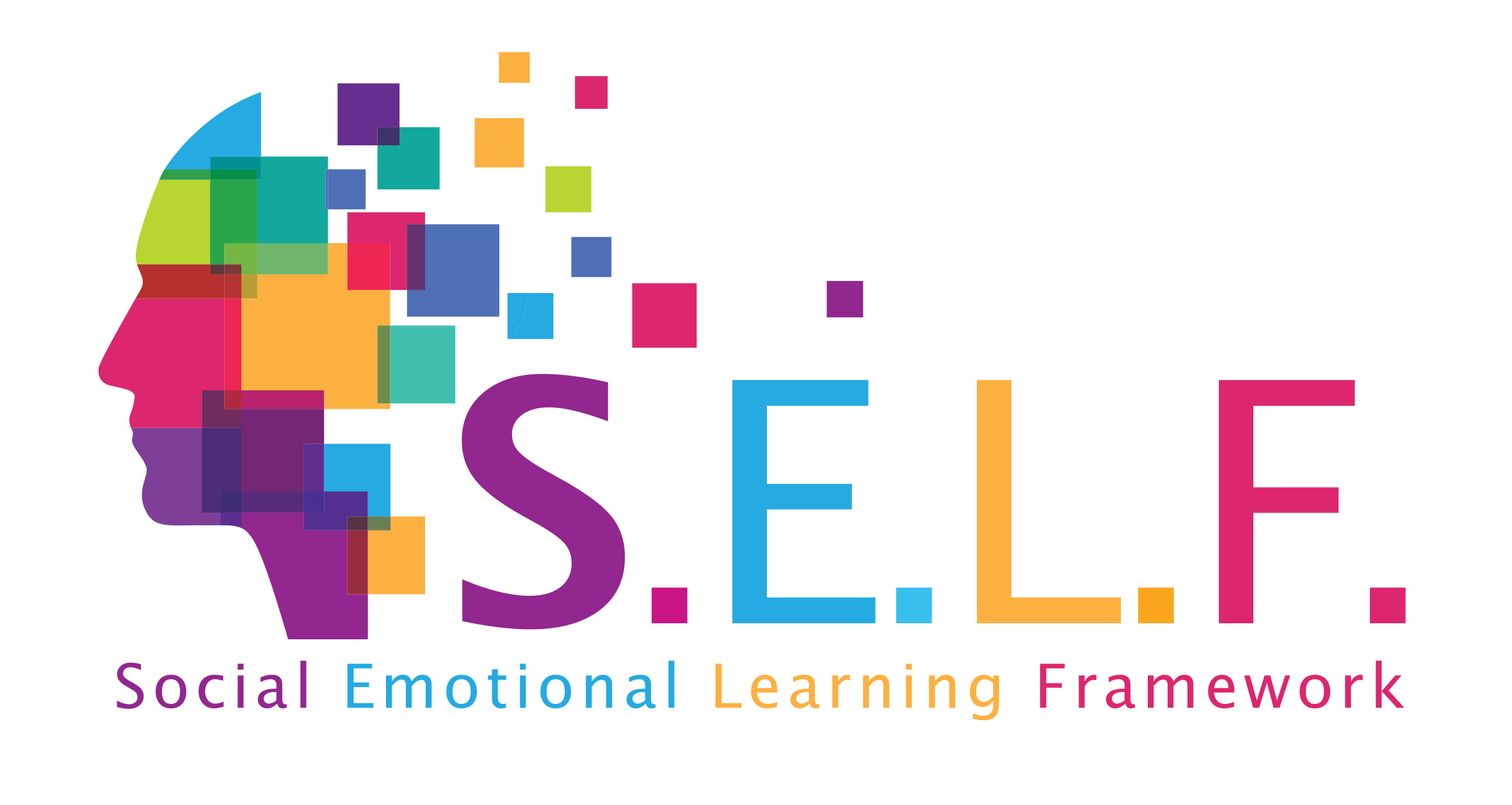Relationship skills involve the instruments necessary for building and maintaining healthy and rewarding relationships and existing effectively in settings that entail different social norms and expectations. They include communicating openly, listening actively, cooperating, resisting the unacceptable social pressures, negotiating conflict constructively and seeking help, where needed.
The following table demonstrates the Relationship Skills goals and indicators according to grade levels:
|
|
K-2 |
3-5 |
6-8 |
9-12 |
|
Communication |
Notice facial expressions, body language, gestures, and voice tone of others to understand their opinions and feelings. |
Interpret and decipher how facial expressions, body language, gestures, and voice tone affect interactions. |
Interpret and decipher how facial expressions, body language, gestures, and voice tone affect interactions. |
Interpret and decipher how facial expressions, body language, gestures, and voice tone affect interactions. |
|
Use facial expressions, body language, gestures, words, and voice tone to communicate thoughts, emotions, desires, needs, and ideas to others effectively. |
Use facial expressions, body language, gestures, words, and voice tone to communicate effectively with others in various ways. |
Use facial expressions, body language, gestures, words, and voice tone to communicate actively with others in various ways. |
Use facial expressions, body language, gestures, words, and voice tone to communicate effectively with others in various ways. |
|
|
Listen carefully and respond to the opinions, ideas, and demands of others. |
Listen carefully and respond to the opinions, ideas, and demands of others. |
Listen carefully and respond to the opinions, ideas, and demands of others. |
Listen carefully and respond to the needs, demands, and ideas of others. |
|
|
Respond to others with care and/or empathy. |
Deliver compliments, feedback, and constructive criticism and are open to feedback. |
Deliver compliments, feedback, and constructive criticism and are open to feedback. |
Demonstrate adaptation skills when it comes to various ways of communication in line with formal and informal contexts. |
|
|
Notice the impact of mobile phones/tablets or other electronic means on social interactions. |
Deliver compliments, feedback, and constructive criticism and are open to feedback. |
|||
|
Demonstrate collaborate behavior in a group (for example, they encourage, accept the other perspectives and opinions, reconciles, and reaches an agreement). |
||||
|
Notice the impact of mobile phones/tablets or other electronic means on social interactions. |
||||
|
Social Participation |
Initiate and engage in social interactions with peers and adults. |
Initiate and engage in social interactions with peers and adults. |
Initiate and engage in social interactions with peers and adults. |
Initiate and engage in social interactions with peers and adults. |
|
Demonstrate social behaviors in line with the situation and environment. |
Demonstrate social behaviors in line with the situation and environment. |
Analyze social situations and environments, including social media, and respond in a manner that starts/maintains communication. |
Analyze social situations and environments, including social media, and respond in a manner that starts/maintains communication. |
|
|
Accept that the norms and behavior rules applicable for face-to-face communication also apply for social media interactions. |
Accept that the norms and behavior rules applicable for face-to-face communication also apply for social media interactions. |
Accept that the norms and behavior rules applicable for face-to-face communication also apply for social media interactions. |
||
|
Demonstrate an attitude that takes into account the social norms of other cultures and conventions. |
||||
|
Building Relationships |
Build healthy friendships. |
Express what is needed for a healthy friendship. |
Express what is needed for a healthy friendship. |
Express what is needed for a healthy friendship. |
|
Notice and identify the harmful and/or unsafe behaviors |
Determine and implement strategies to address unsafe, unhealthy, or negative relationships. |
Determine and implement strategies to address unsafe, unhealthy, or negative relationships. |
Determine and implement strategies to address unsafe, unhealthy, or negative relationships. |
|
|
Strive towards ensuring their own safety and that of others. |
Tend to and appreciate others, as necessary. |
Tend to and appreciate others, as necessary. |
Tend to and appreciate others, as necessary. |
|
|
Build and maintain positive and supportive relationships with adults and students. |
Build and maintain positive and supportive relationships with adults and students. |
|||
|
Defend their own and others’ rights, where necessary. |
Defend their own and others’ rights, where necessary. |
|||
|
Teamwork |
Collaborate with others in group activities (sharing and waiting for their turn). |
Demonstrate cooperative behavior (listening, encouraging, accepting opinions, reconciliation, agreement etc.). |
Demonstrate cooperative skills (listening, encouraging, accepting opinions, reconciliation, agreement etc.) |
Demonstrate cooperative skills (listening, encouraging, accepting opinions, reconciliation, agreement etc.) |
|
Demonstrate flexibility and willingness to support group decisions even if they do not get what they want. |
Notice, respect, and support people who have different talents in group activities. |
Accept the various strengths of others and their contribution to a group/team work. |
Accept the various strengths of others and their contribution to a group/team work. |
|
|
Show maturity when it comes to defeat and losing. |
Display a mature approach when it comes to winning and losing. |
Utilize multiple technique when providing feedback to others. |
||
|
Display a mature approach when it comes to winning and losing. |
